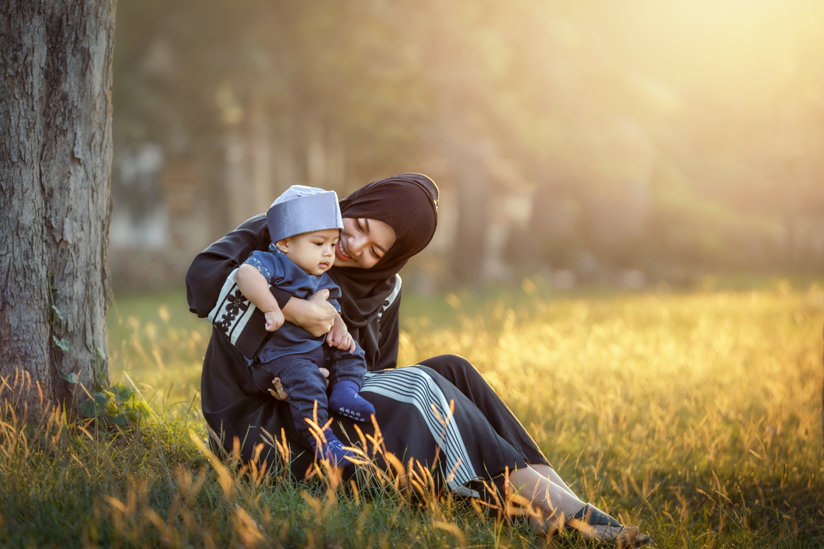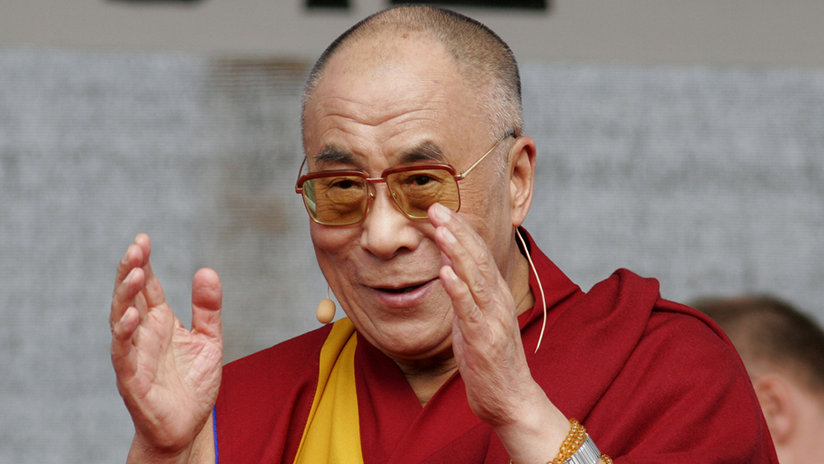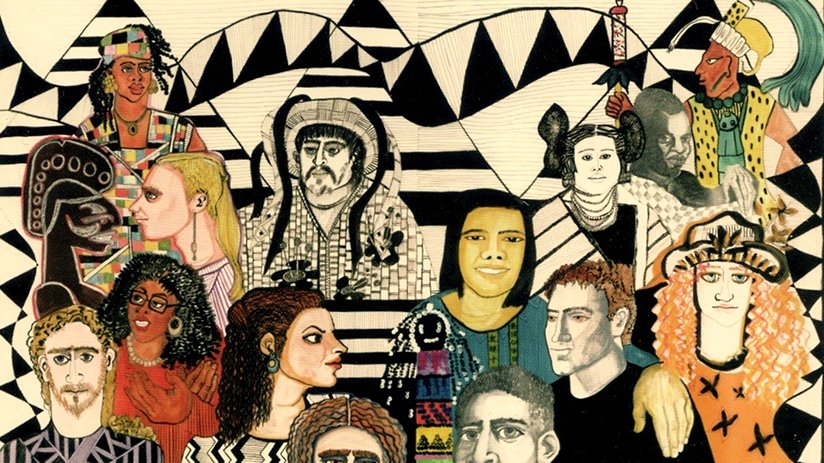
-
HOME
-
WHAT IS STANDOur Mission Our Values Our Help Contact
-
WHAT WE FIGHT FORReligious Freedom Religious Literacy Equality & Human Rights Inclusion & Respect Free Speech Responsible Journalism Corporate Accountability
-
RESOURCESExpert Studies Landmark Decisions White Papers FAQs David Miscavige Religious Freedom Resource Center Freedom of Religion & Human Rights Topic Index Priest-Penitent Privilege Islamophobia
-
HATE MONITORBiased Media Propagandists Hatemongers False Experts Hate Monitor Blog
-
NEWSROOMNews Media Watch Videos Blog
-
TAKE ACTIONCombat Hate & Discrimination Champion Freedom of Religion Demand Accountability
UK Report: Religious Intolerance More Divisive Than Race—But There’s a Bright Side
Religion is the “final frontier” of personal prejudice, with attitudes to faith driving negative perceptions more than ethnicity or nationality—that was one of the conclusions of a recently published two-year study of attitudes toward ethnic, national and religious diversity in England and Wales.
The report, “How We Get Along: The Diversity Study of England and Wales 2020,” was published by The Woolf Institute in Cambridge, UK, an organization dedicated to overcoming prejudice and intolerance. 11,701 people from a broad spectrum of ethnic, national and religious backgrounds and allegiances were interviewed.

The report states that 53 percent of people in England and Wales agree that ethnic diversity is good for British society. Only 17 percent disagree. 41 percent agree that religious diversity is good for society, while 22 percent disagree.
However, when the question of acceptance of individuals from different religious backgrounds is focused on marriage rather than general diversity, fewer people are comfortable with the idea of a close relative marrying a spouse of a different religious background than their own. As a notable example, of the total surveyed, less than 44 percent were comfortable with the idea of a close relative marrying a Muslim.
“When it comes to tackling prejudice, friendship works.”
Similarly, a majority of Muslims were uncomfortable with the idea of a family member marrying a Buddhist, Hindu, Jew or Sikh, or a non-religious person. Almost 40 percent of Muslims were uncomfortable with a family member marrying a Christian.
Prejudice based on religion was stronger among people over 75. Regardless of religious background, people below the age of 45, and especially those in the 18-24 age group, were not as prejudiced. Younger people are more likely to be exposed to those of different backgrounds at school and in the workplace, suggesting an entry point in reducing prejudice.
In fact, the report shows that the incidence of prejudice is reversed when looking at diversity in terms of friendship, rather than marriage. A large majority—87 percent—of respondents who identified as religious said that they have friendships with people of other religions. A key conclusion from the study is that “when it comes to tackling prejudice, friendship works.”






